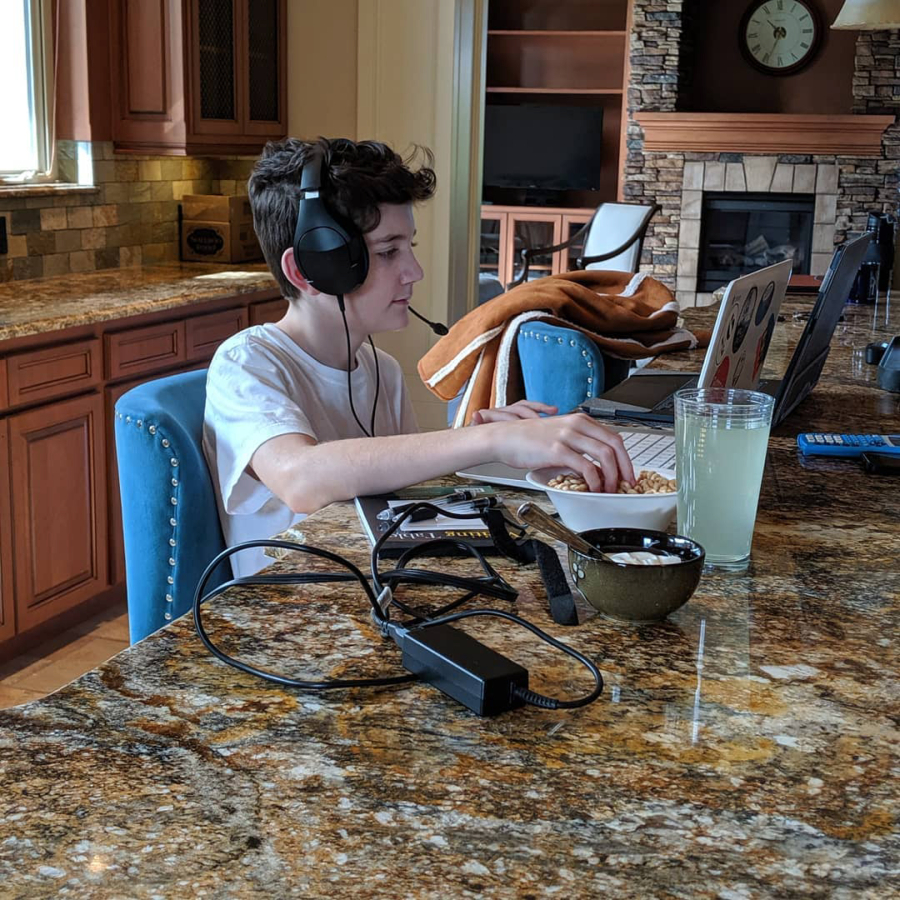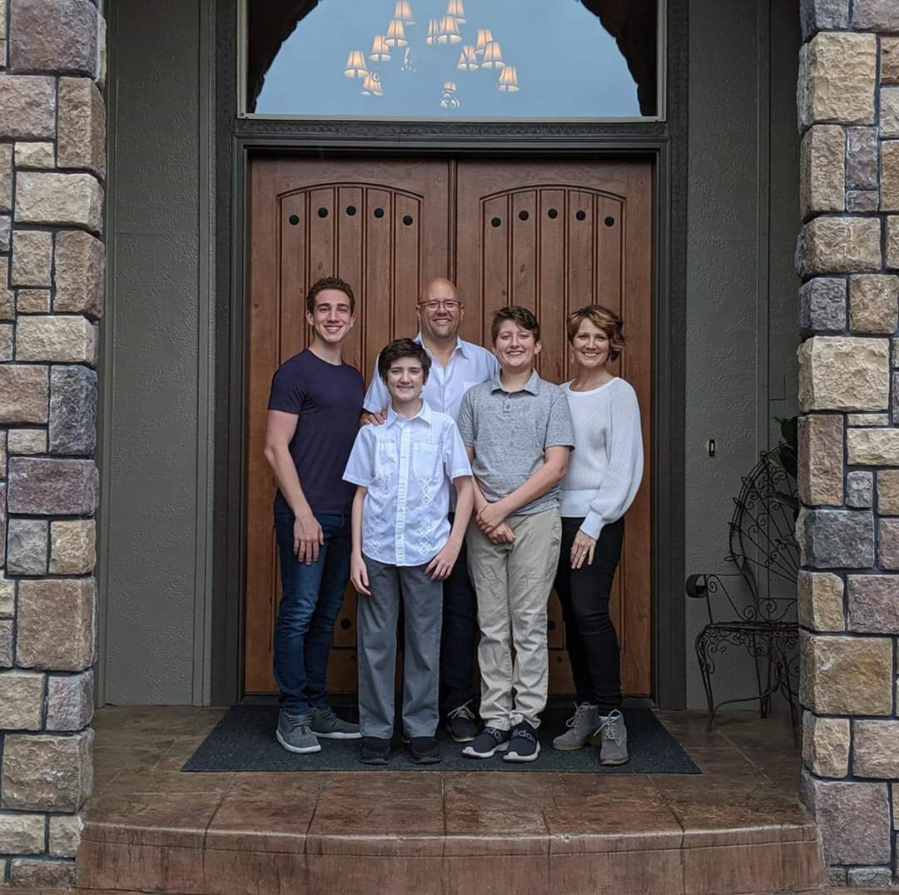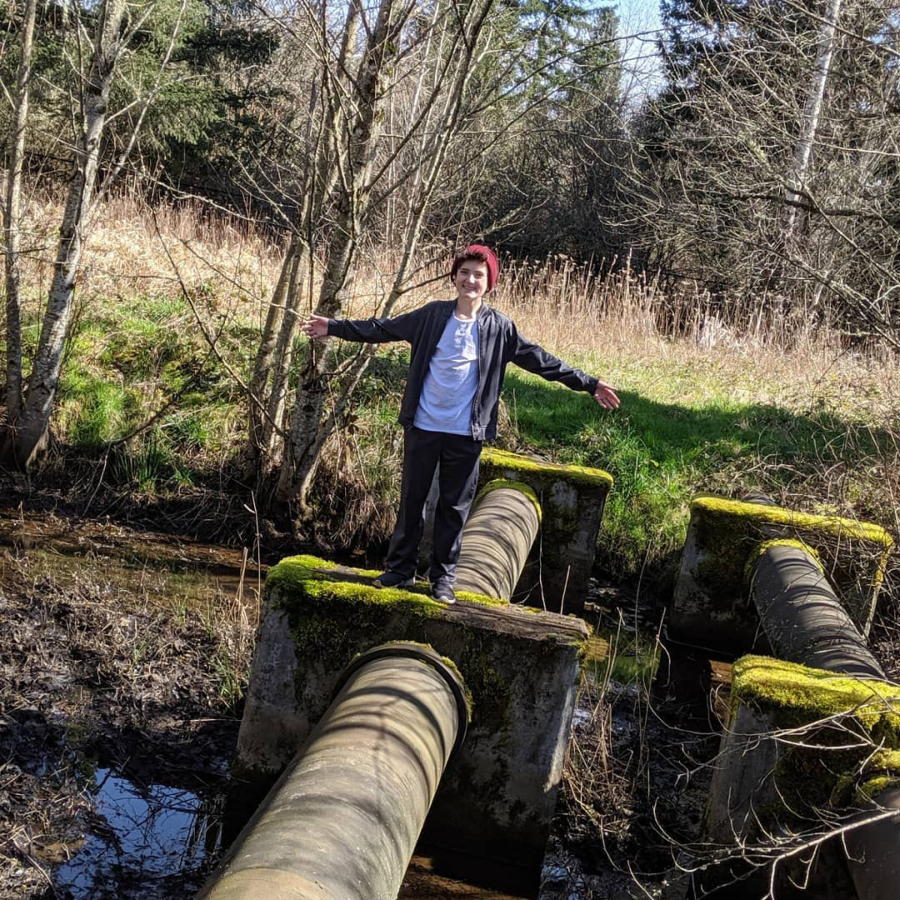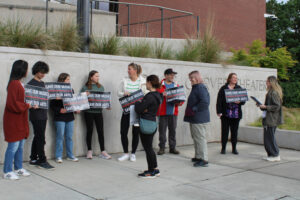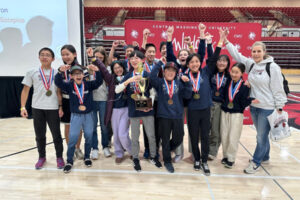As the COVID-19 pandemic continues to rage, many families with school-age children are starting to come to grips with the fact that distance-learning will likely play a role in their family’s future.
In the Camas School District, for instance, the current fall reopening plan calls for a “blended” school week for older children, with middle and high school students attending a few days of in-person classes mixed with a few days of distance-learning classes at home.
Parents, students and educators who were used to a traditional brick-and-mortar school have grappled with the sudden transition to remote learning during the COVID-19 pandemic and questioned distance-learning’s long-term impacts. How would remote learning impact students’ social-emotional well-being? What was the best way for teachers to reach students who needed one-on-one help? Was there an online platform that might make things more coherent for families who had students at different schools and in different grades?
For one Camas family, however, the sudden, statewide shift to distance-learning that happened in March wasn’t nearly as traumatic.
Alex Hugo, 12, a child actor featured in Disney’s 2020 movie, “Timmy Failure: Mistakes Were Made,” several short films and a Portland Trailblazers commercial, lives in Camas with his family — parents, Curt and Tracey Hugo, and older siblings, Zack and Spencer.


